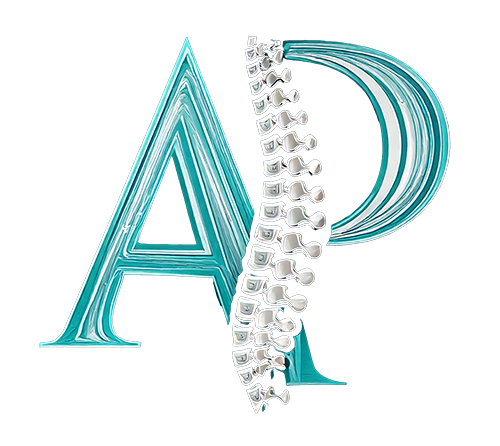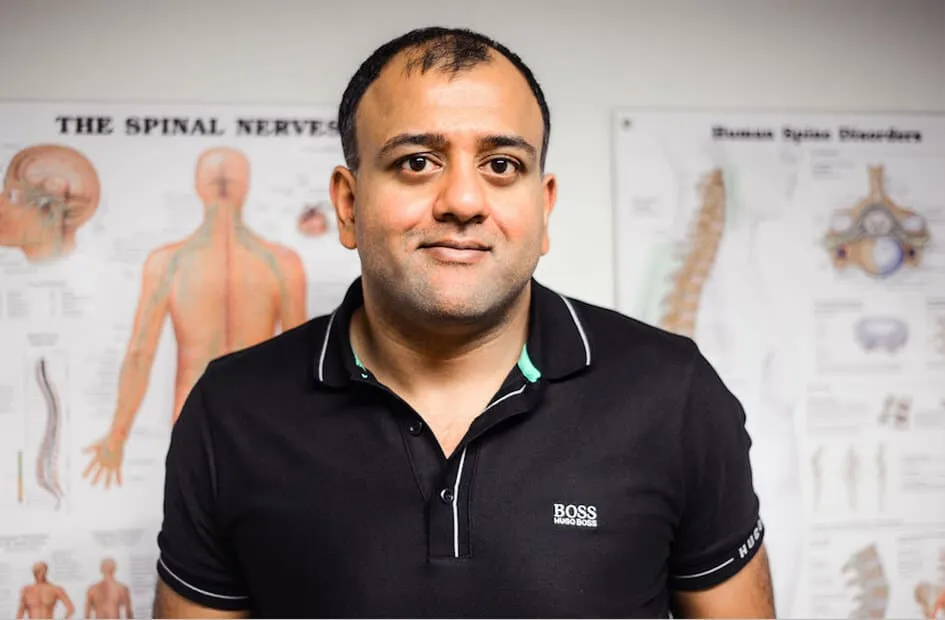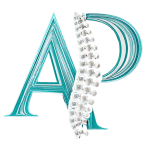What is acupuncture?
Acupuncture is an ancient therapeutic practice that involves inserting thin needles into specific points on the body to promote health and alleviate various conditions. Originating in China over 2,000 years ago, acupuncture is a key component of Traditional Chinese Medicine (TCM). The practice is based on the concept of balancing the body's vital energy, known as Qi (pronounced "chee"), which flows through pathways called meridians.
Pain Management: Acupuncture is perhaps most well-known for its potential in relieving various types of pain, including:
Mental and Emotional Well-being: Acupuncture is also being increasingly explored for its benefits in mental health:
Other Potential Benefits: Beyond pain and mental health, acupuncture is used for a range of other conditions, including:


